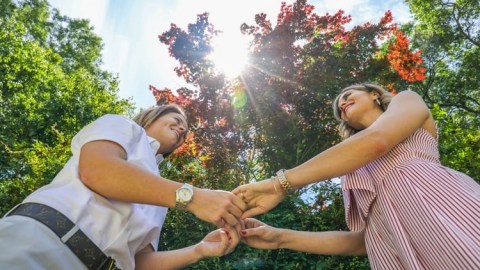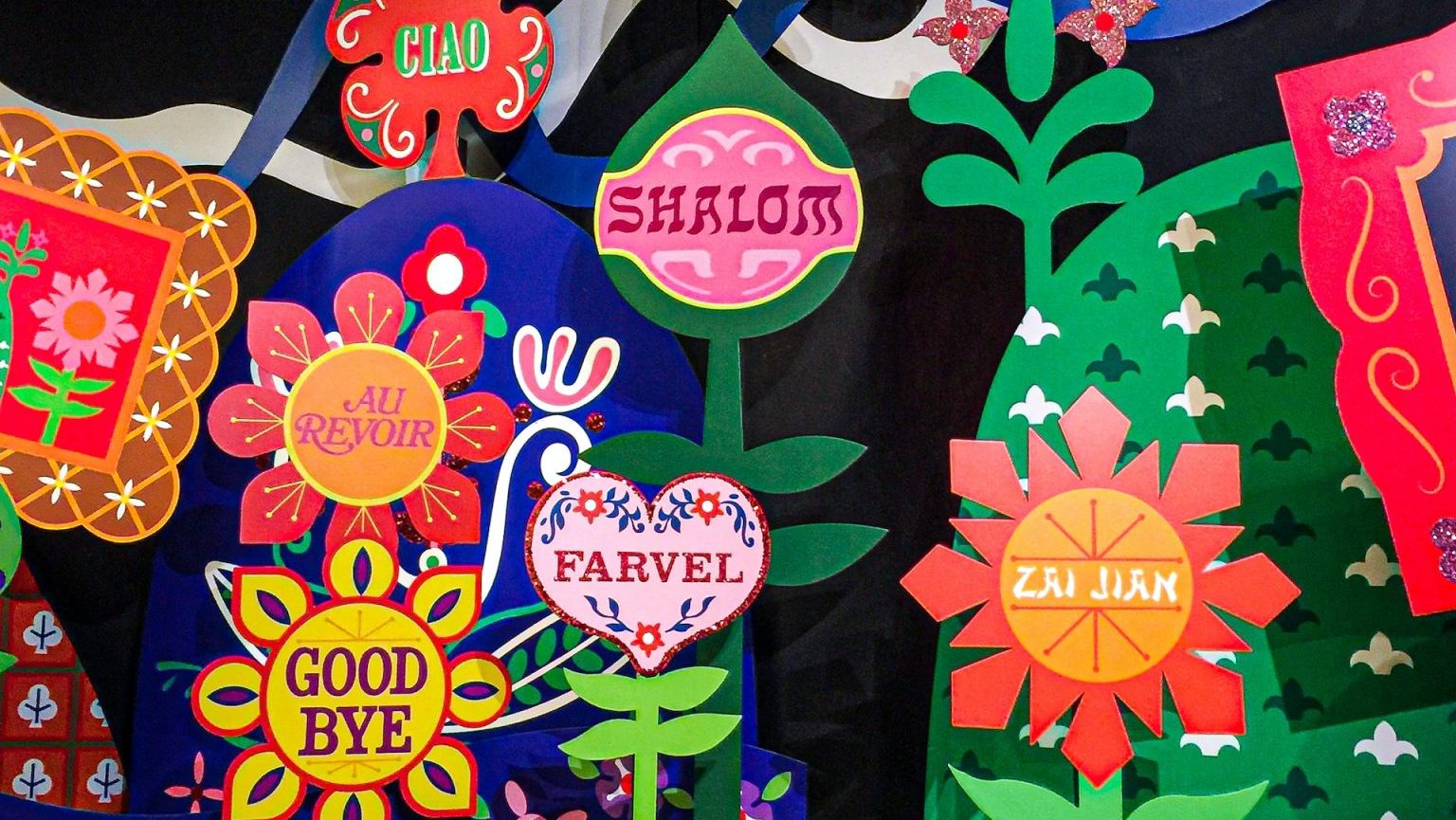Straight millennials are becoming less accepting of LGBTQ people

Joe Ciciarelli / Unsplash
- The survey found that 18- to 34-year-old non-LGBTQ Americans reported feeling less comfortable around LGBTQ people in a variety of hypothetical situations.
- The attitudes of older non-LGBTQ Americans have remained basically constant over the past few years.
- Overall, about 80 percent of Americans support equal rights for LGBTQ people.
A new survey from GLAAD suggests that young, non-LGBT Americans are now less comfortable around LGBT people compared to recent years. Surprisingly, these young Americans (18- to 34-year-olds) were the only age bracket that reported feeling less comfortable, while attitudes among older non-LGBT Americans have remained basically constant over the past few years.
The results surprised leaders at GLAAD and The Harris Poll, which together have conducted the survey — “Accelerating Tolerance” — for the past five years.
“We count on the narrative that young people are more progressive and tolerant,” John Gerzema, CEO of The Harris Poll, toldUSA TODAY. “These numbers are very alarming and signal a looming social crisis in discrimination.”
The survey asked respondents to rate how comfortable they’d feel in personal situations involving LGBT people, as GLAAD reported:
- More young people ages 18–34 responded that they were “very” or “somewhat” uncomfortable in three personal scenarios including learning a family member is LGBT (36 percent uncomfortable in the 2019 report vs. 29 percent in the 2018 report); learning my doctor is LGBT (34 percent vs. 27 percent); and learning my child had a lesson on LGBT history in their school (39 percent vs. 30 percent).
- About 43 percent of males ages 18–34 reported that they were uncomfortable learning a family member is LGBT (up from 32 percent in 2018) and 42 percent of males ages 18–34 reported that they were uncomfortable learning their child’s teacher is LGBT (up from 37 percent in 2018).
- Also, 40 percent of females ages 18–34 reported that they were uncomfortable learning their child had a lesson on LGBT history in school, an increase of 13 percentage points from the previous year’s findings.
“This reflects a continued erosion in comfort among this age group over the past two years,” GLAAD reported. “This year, the significant erosion is being driven by females ages 18–34, where comfort levels fell from 64 percent last year to 52 percent this year.”
What explains the shifting attitudes? GLAAD conducted focus groups to identify some of the driving factors, finding two common themes: “newness” of gender politics and discriminatory political rhetoric.
“They’re interfacing with new gender identities and sexual orientations, so that takes a minute to get used to,” Sarah Kate Ellis, president and CEO of GLAAD, toldThe Daily Beast. “Then, look at this current administration we’re living under, and its culture of hate and discrimination. Those are the two issues at hand here that emerged from the focus groups.”
The results weren’t all discouraging: The survey classified about half of all Americans as “allies” of LGBTQ people with high levels of tolerance — the same share as 2017, which Ellis said “is a big deal.” Also, for the third consecutive year, about 80 percent of Americans support equal rights for the LGBTQ community.
Still, Gerzema offered a note of caution: “In this toxic age, tolerance — even among youth — now seems to be parsed out. Nothing today should be taken for granted.”
Over the long term, Ellis hopes the results prove to be an anomaly. “Hopefully this is a two-year blip, until we have a turnover in the administration,” she told The Daily Beast.





